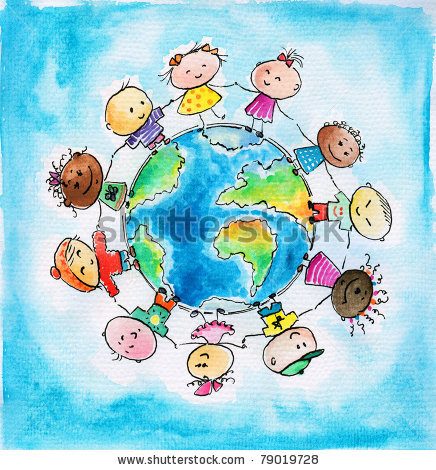To save the last 400 remaining Ethiopian wolves, local vets are being trained to collect and freeze wolf semen.

Ethiopian wolves look similar to Aussie dingoes. (Credit: Wikimedia)
RUSTY-PELTED PREDATORS can be found dwelling high in the Afro-alpine region of Ethiopia - most within the Bale Mountains National Park, four kilometres above sea level. Sometimes known as the Abyssinian fox or red jackal, the Ethiopian wolf (Canis simensis) is a dwindling species.
Just 400 are thought to be left in the wild - and they are a victim of ongoing human encroachment and the diseases that come along with it. The problem is exacerbated by the fact that there are none of the wolves anywhere in captivity, meaning that protecting this population is last hope for saving this species from extinction.
"A symbol of pride for Ethiopia, these animals share their wilderness habitat with a steadily growing human population that brings with them domestic dogs - and rabies," says Associate Professor Monique Paris of the University of Western Australia's Institute for Breeding Rare and Endangered African Mammals (IBREAM).
Rabies danger
Rabies, caught from infected dogs owned by farmers, is "the most dangerous disease that can eradicate the wolves," she told Australian Geographic. "Every couple of years there has been an outbreak, and 50 per cent of the population can die [in a single] catastrophic event."
Between outbreaks, the species can reproduce and recover quickly, but in smaller populations genetic inbreeding has become a problem. That's where the help from IBREAM comes in. "You need a certain level of genetic diversity to maintain a population in the long term," she says.
A new three-pronged project to save the wolves, involves monitoring reproduction in the wild animals, collecting semen and training local vets in Ethiopia. As part of the new project, IBREAM experts recently visited Addis Ababa University in Ethiopia, where they trained local vets in the techniques of semen collection and freezing.
"Freezing sperm is done on a regular basis in farms, for example for breeding cattle," says Monique. "For wildlife, you need to optimise the specific protocols for each particular species."

Ethiopian wolves are found high in the mountains of the north-east African nation. (Credit: Monique Paris/IBREAM).
Boosting diversity
Frozen sperm can be used for IVF even years after collection to add lost genetic diversity back into the species. Previously, this technique helped America's black-footed ferrets increase from 18 surviving individuals in 1985, to over 800 living in the wild today.
IBREAM Director, Dr Mervyn Jacobson, says there's one remaining hurdle: "To our knowledge, no-one has ever tried to freeze the sperm of an Ethiopian wolf before." But, he is not expecting any "insurmountable biological challenges".
Capacity training in the local population is central to their mission, he says. "What skills and goodwill we now bring to Ethiopia to help the Ethiopian wolf will, at some time in the future, be fully taken over by our Ethiopian friends - and with our full support and assistance."
Professor Chris West, CEO of Zoos South Australia in Adelaide, says the project is a good example of a partnership between external bodies, academics and the community. "Long term success depends on people in the community," he says. "Capacity training is absolutely vital to integrated conservation."
Monique says the next step for the conservationists will be to test the use of an oral rabies vaccine, which they plan to trial in the near future.

No comments:
Post a Comment